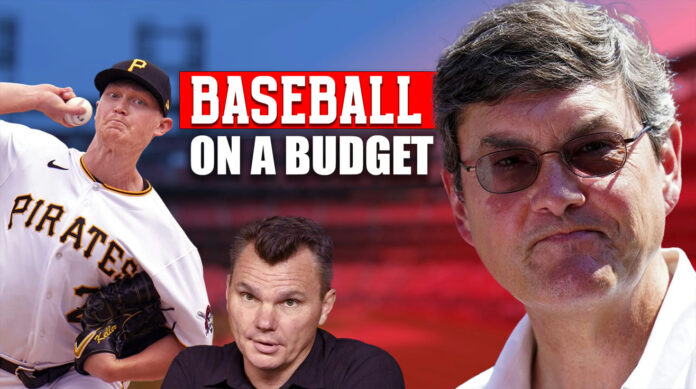
Baseball economics resembles those awkward Thanksgiving dinner conversations – wildly uncomfortable and filled with stark inequality. On one side of the table sit the Yankees and Dodgers with their caviar payrolls; on the other, teams serving up baseball’s equivalent of ramen noodles. Since 2007, Bob Nutting’s Pittsburgh Pirates have been the poster children for baseball frugality, operating similar to that friend who calculates their exact share of the dinner bill down to the penny.
10. Bob Nutting’s Early Years and Financial Constraints

The 2007 arrival of Nutting in Pittsburgh launched an era that makes Scrooge McDuck look positively philanthropic. His first three seasons featured payrolls so low they needed elevator shoes just to reach MLB’s basement floor. Pirates fans quickly coined the phrase that would follow Nutting throughout his ownership – a play on his name that links spending nothing to winning nothing.
Imagine trying to compete in a Formula 1 race with a sensible family sedan. That’s essentially what Pirates management faced when attempting to build competitive rosters. While division rivals splurged on free-agent centerpieces, Pittsburgh shopped exclusively in baseball’s clearance aisle. Top stars viewed Pittsburgh similar to how teenagers view their parents’ advice – something to be avoided at all costs.
9. Brief Playoff Success and Subsequent Rebuild
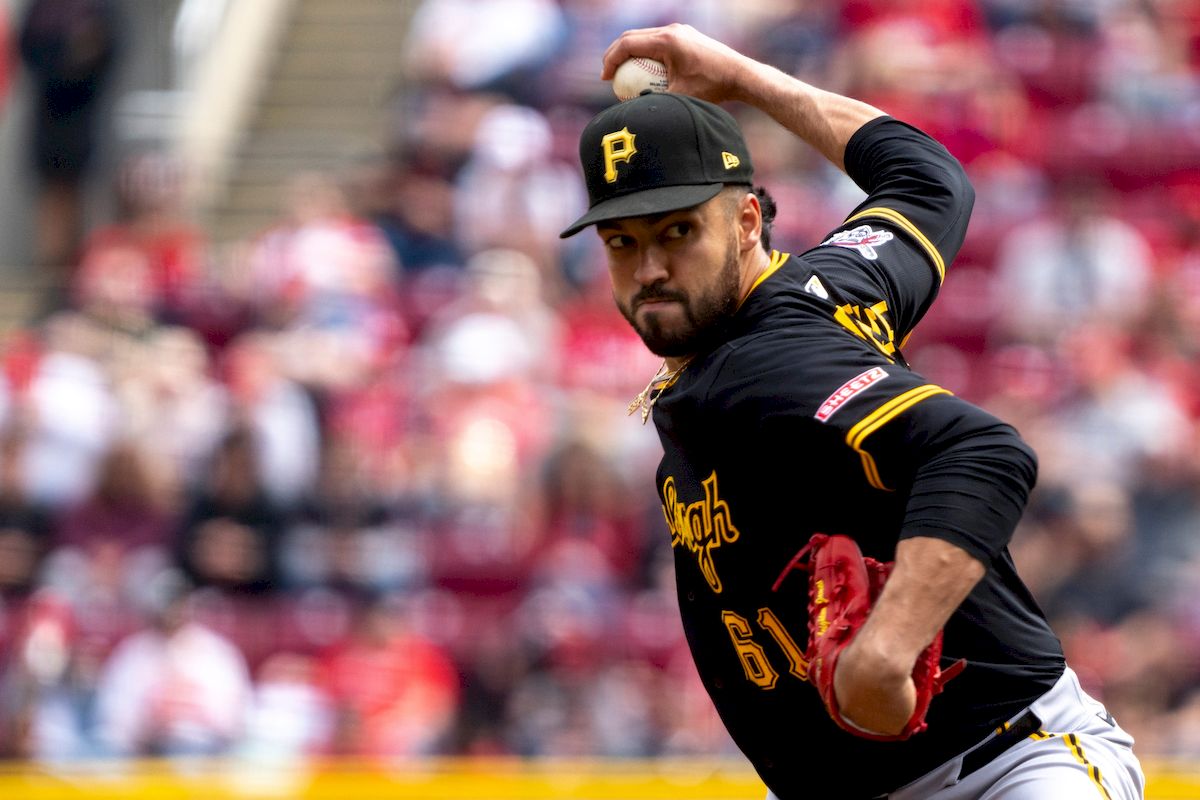
From 2013-2015, Pirates fans experienced something as rare as a perfect game – actual winning baseball. For three glorious seasons, PNC Park hosted playoff games, the team compiled an impressive 280-206 record, and Pittsburgh remembered what October baseball felt like. This stretch proved that even fiscally challenged franchises could compete when everything aligned perfectly – much like that time Andy Dufresne escaped Shawshank with only patience and a tiny rock hammer.
Then came the plot twist nobody wanted. Rather than doubling down on success, Nutting’s Pirates initiated a rebuild faster than you can say “salary dump.” Key contributors vanished in trades, replaced by unproven prospects and lottery tickets. The dismantling left fans feeling similar to someone who just binged eight episodes of a Netflix show only to discover it was canceled before resolving any plotlines.
8. Ben Cherington’s Rebuilding Efforts
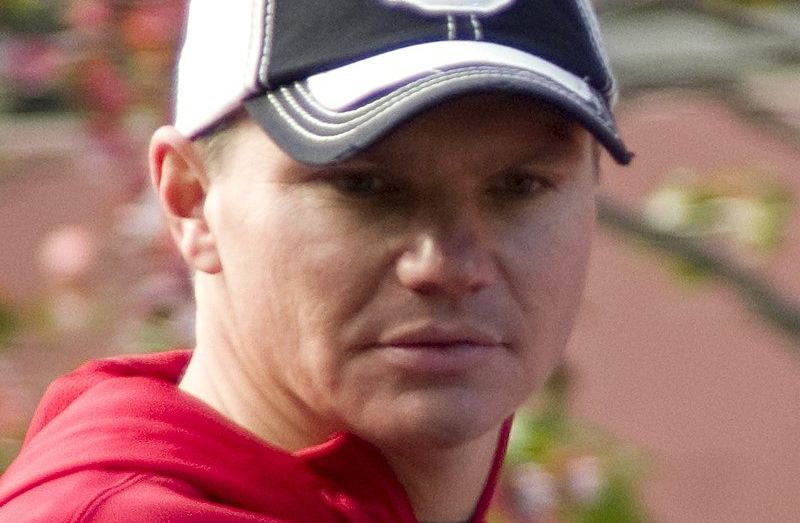
When Ben Cherington took the GM reins in 2019, he inherited a roster cupboard as bare as grocery store shelves during a hurricane warning. His mandate resembled an impossible mission: create a contender while shopping exclusively at baseball’s dollar store. Cherington’s approach transformed the Pirates into MLB’s version of extreme couponers – collecting discounted prospects at every opportunity.
His prospect-hunting expeditions yielded some genuine finds – Jack Suwinski and David Bednar arrived through trades that initially registered as mere footnotes on the MLB transaction wire. Yet these moves reinforced the organization’s eternal focus on tomorrow, asking fans to embrace the baseball equivalent of delayed gratification. Pirates supporters know patience better than zen masters, having endured a two-decade playoff drought before that brief 2013-2015 renaissance.
7. Extension Trend and Cost-Saving Measures

Pirates contract negotiations follow a familiar script – catch them young, sign them cheap, and hope for jackpot returns. This strategy manifested in extensions for Ke’Bryan Hayes (eight years, $70 million) and Bryan Reynolds (eight years, $106 million) – deals structured with all the careful calculation of a chess grandmaster playing against a novice. These moves showcase baseball’s version of extreme couponing – buying in bulk early to avoid premium prices later.
The extensions create an illusion of commitment while maintaining strict budget discipline. Locking up Hayes and Reynolds before they reached peak earning potential provides cost certainty, similar to buying insurance. Yet critics rightfully point out that two cornerstone players surrounded by bargain-bin talent creates roster construction resembling a gourmet entrée served with gas station side dishes.
6. Neglected Facilities and Budget Constraints
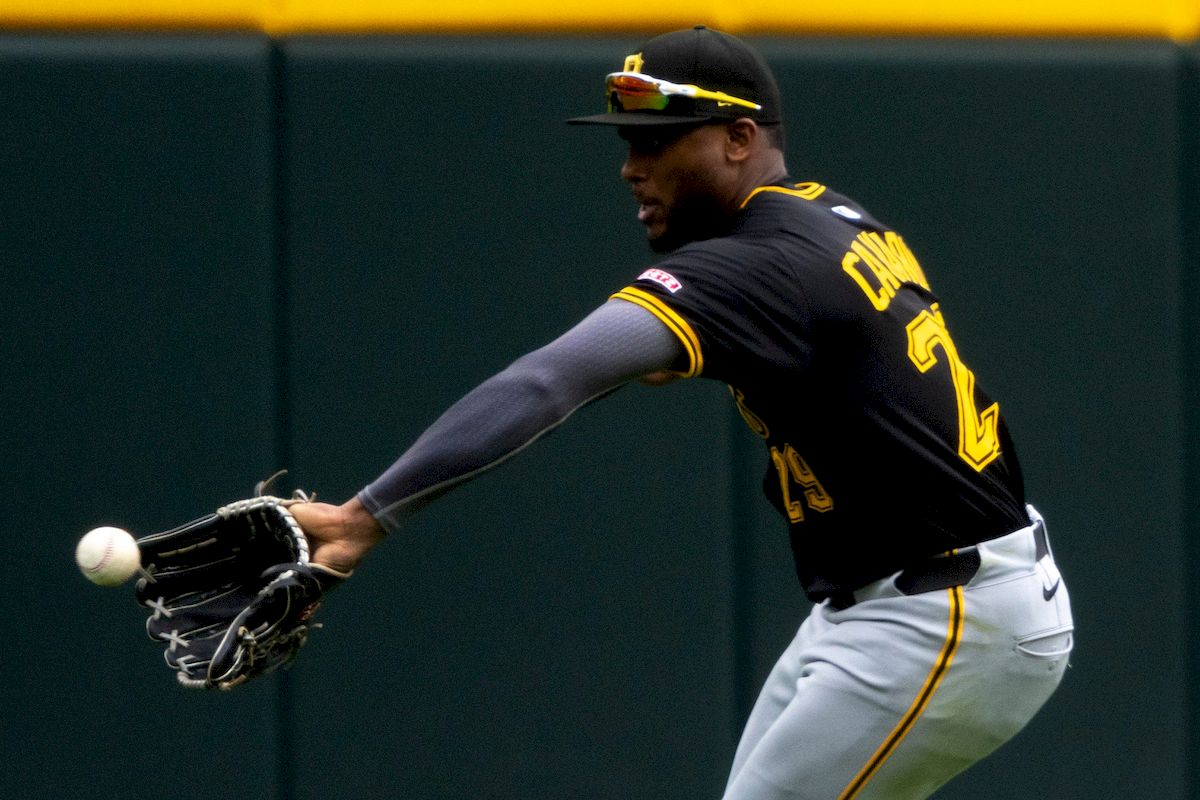
Even the Pirates’ training facilities reflect Nutting’s “no penny left behind” philosophy. When their spring training clubhouse – a relic dating back to Calvin Coolidge’s presidency – desperately needed modernization, Nutting approved $8 million for renovations. The catch? This money came directly from the baseball operations budget, creating a financial version of robbing Peter to pay Paul.
This budgetary sleight-of-hand forced baseball operations to function similar to a family trying to fund a kitchen renovation by cutting their grocery budget. The decision epitomizes Nutting’s approach to ownership – create the appearance of investment while ensuring the bottom line remains untouched. Players trained in facilities upgraded at the expense of acquiring teammates who might actually help them win games.
5. Dysfunctional Player Development System
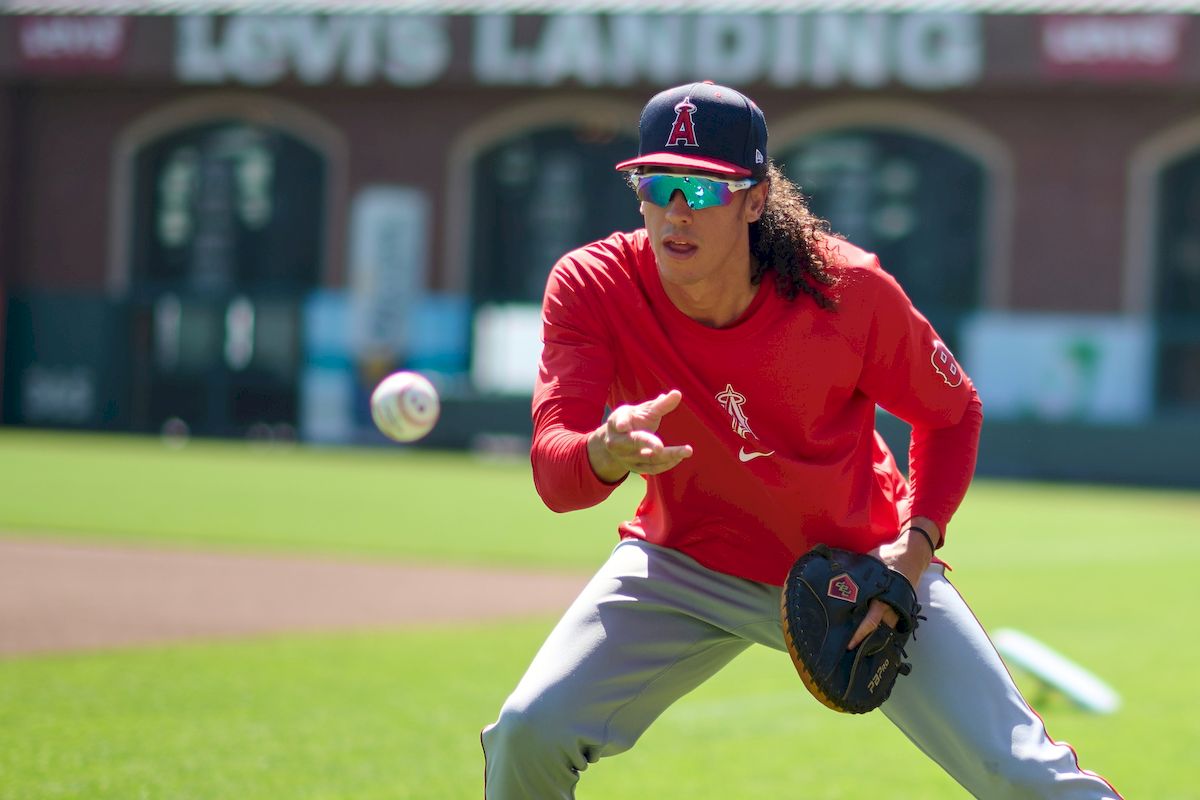
The Pirates’ player development system operates with all the efficiency of a GPS that keeps recalculating after every turn. Players reportedly sought hitting advice from Double-A coaches rather than big-league staff – a situation as absurd as medical students performing surgery while certified surgeons watch from the gallery. In 2021, Cole Tucker explicitly requested Double-A coaching involvement at the AAA hitting school, revealing a development hierarchy flipped upside down like a defeated Monopoly board.
This organizational dysfunction acts as baseball’s version of planned obsolescence. Talented prospects enter the system shiny and full of promise, only to emerge dented, diminished, and underperforming. For a franchise that must develop talent internally to compete, this represents a critical failure – akin to a restaurant with amazing ingredients but chefs who can’t cook anything properly.
4. Cost-Cutting Measures and Missed Opportunities
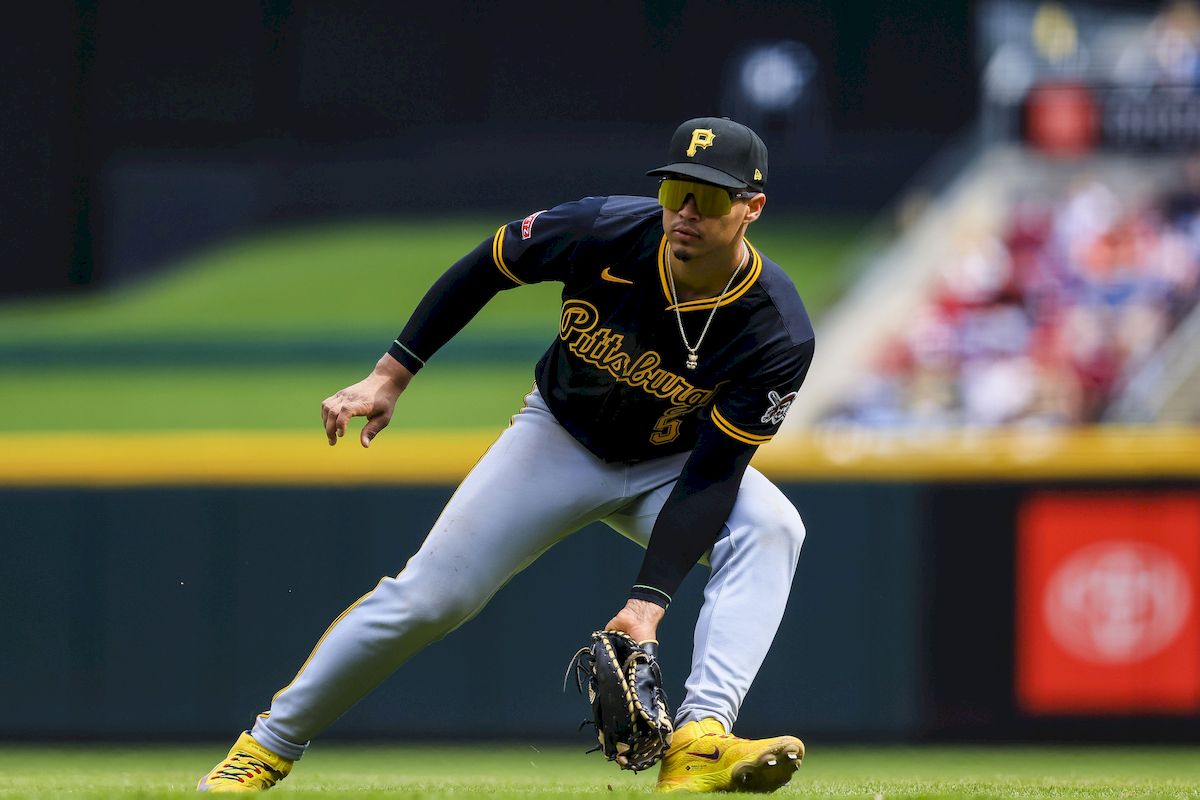
After the 2013-2015 playoff appearances, the Pirates stood at a franchise crossroads. One path led toward competitive sustainability through strategic investment; the other toward renewed mediocrity via cost-cutting. With the decisiveness of someone choosing the cheapest item on a menu, Nutting selected the latter. The team reduced payroll faster than teenagers abandon Facebook when their parents join.
This penny-pinching extended to even microscopic expenses. One Pirates instructor revealed how decisions to save $30,000 were delayed repeatedly – similar to deliberating over whether to buy name-brand or generic paper towels while your kitchen is actively flooding. These decisions reflect ownership’s apparent belief that financial efficiency trumps competitive enhancement, creating a baseball version of stepping over dollars to pick up pennies.
3. Failed Prospect Development and Coaching Issues

The Pirates’ development system transforms promising talent with all the effectiveness of a magician performing illusions in reverse – making something impressive disappear into something ordinary. Exhibit A: Mitch Keller struggled to a brutal 6.12 ERA across 46 starts before finally finding his groove. More telling was Gerrit Cole’s transformation upon escaping Pittsburgh – suddenly evolving from solid starter to Cy Young contender faster than Bruce Banner turns into the Hulk.
This pattern repeats so consistently it resembles a glitch in a video game. Players arrive with potential, stagnate in Pittsburgh, then flourish elsewhere after receiving proper coaching and development. The organization seems to possess baseball’s equivalent of King Midas in reverse – whatever talent they touch turns from gold to something considerably less valuable.
2. Low Payroll and One-Year Contracts
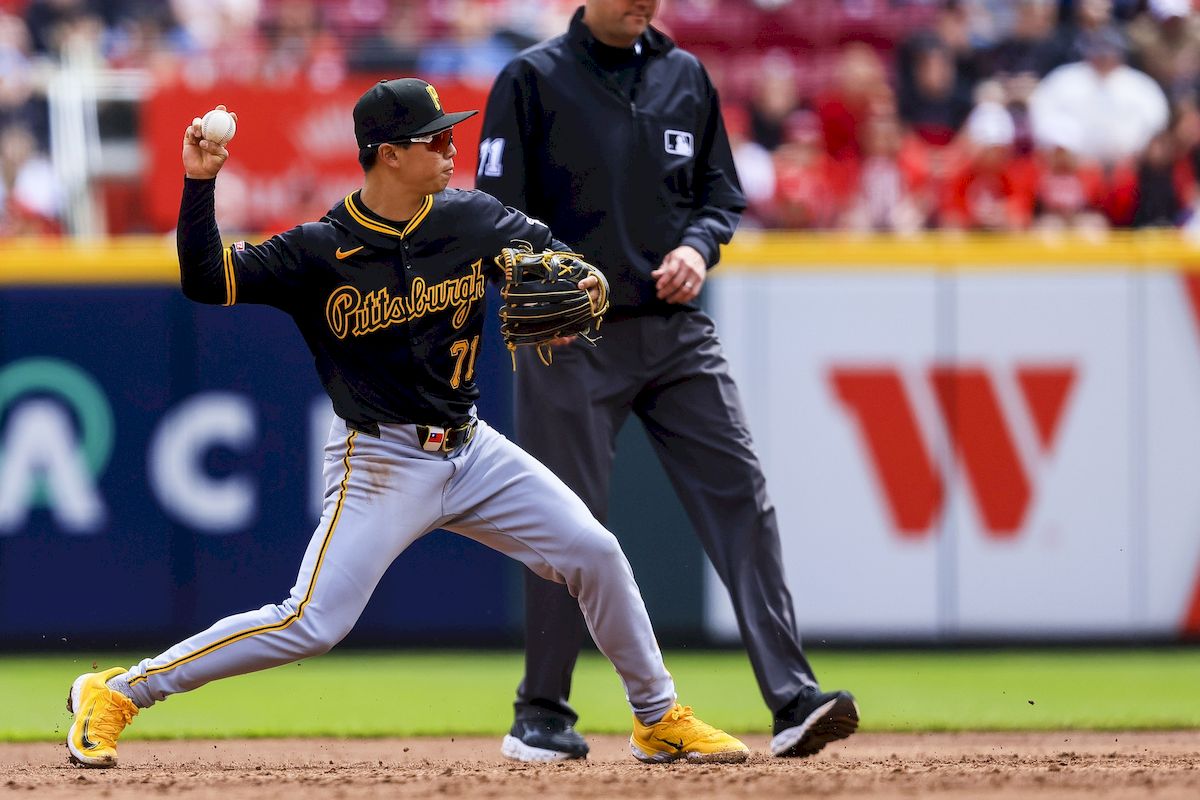
The Pirates’ payroll consistently hovers near MLB’s basement, outspending only the perpetually rebuilding Oakland Athletics. This financial approach resembles someone bringing a knife to a gunfight – technically you’re armed, but you’re still at a massive disadvantage. The Pirates enter each season similar to a contestant on a cooking show given half the ingredients of their competitors.
The team’s reliance on one-year contracts – signing seven players to single-season deals before 2025 – creates a revolving door roster resembling a college apartment’s tenant history. This approach guarantees financial flexibility while sacrificing team chemistry and continuity. The result? A perpetual assembly of short-timers and placeholders creating the baseball equivalent of a temp agency rather than a cohesive team built for sustained success.
1. Mitch Keller’s Extension
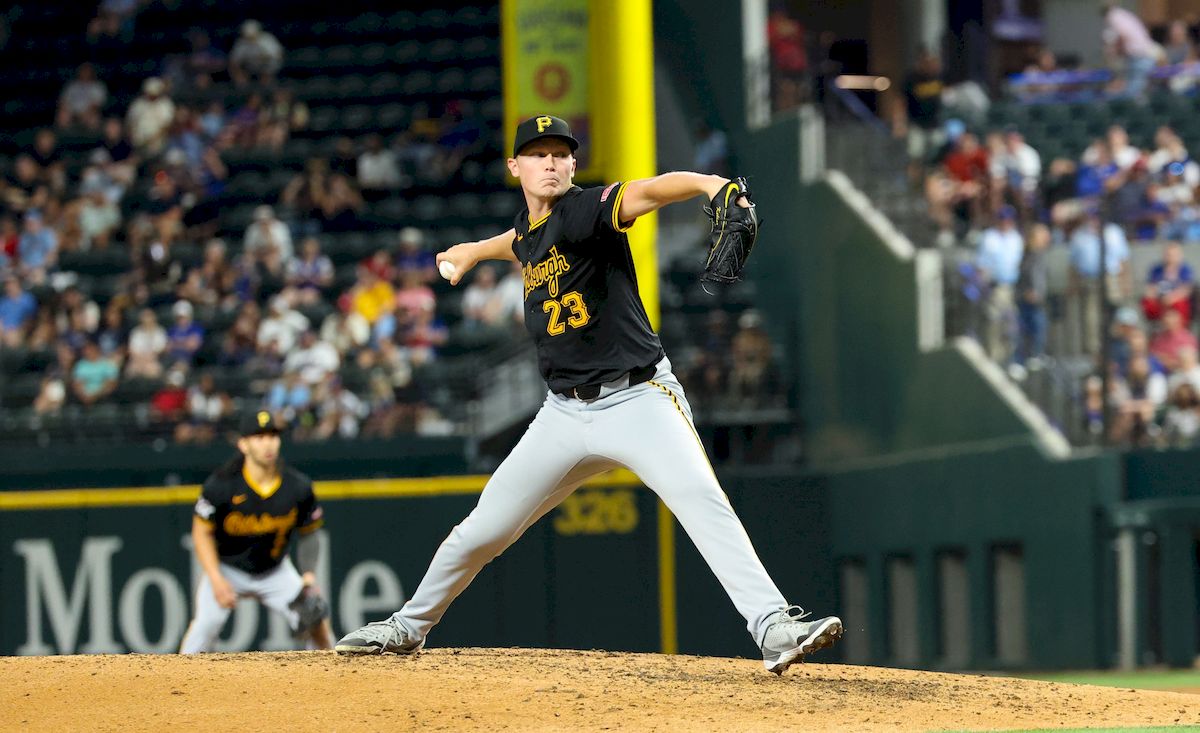
In 2025, the Pirates extended Mitch Keller for five years at $77 million – a move timed with the precision of a movie villain revealing their master plan. The deal came precisely one day after scathing media criticism of Nutting’s ownership practices – coincidental timing that seems about as random as a perfectly choreographed dance number. This contract stands as a rare big-ticket purchase from an ownership group that typically shops exclusively in baseball’s clearance section.
The extension secures a legitimate rotation piece during his prime years at what baseball executives would consider reasonable market value – similar to finally splurging on a name-brand cereal after years of generic alternatives. While optimists view this as evidence of organizational evolution, skeptics see it as mere window dressing – the baseball equivalent of buying expensive curtains for a house with a crumbling foundation. Time will tell whether this represents genuine change or simply an isolated PR maneuver.





